Many older adults picture themselves living at home for the rest of their lives. This makes sense, after all - home is a comfortable and familiar place.
Although living at home may seem like the easier option, it might not be. As we grow older, the daily responsibilities of taking care of ourselves and our homes can become burdensome.
Assisted living can help ease these burdens. It is not a nursing home - it’s a place for people who need a bit of help with doing daily activities but who can otherwise remain quite independent. Assisted living can be a wonderful way to shed the responsibilities of everyday life, freeing up more time for the things you want to do.
Is your parent or other loved one growing older, leaving you concerned about their safety or well-being? Read on for tips on evaluating whether assisted living is the right solution, as well as tips on how to discuss it with your loved one.
Who Can Benefit From Assisted Living?
As mentioned above, assisted living is very different from a skilled nursing facility, which offers around-the-clock medical care. Assisted living provides help with activities of daily living (ADLs) and includes things like:
- Bathing and using the toilet
- Getting dressed
- Eating
- Standing up and sitting down
ADLs measure the more basic actions you’d need to perform every day to take care of yourself. There are also independent activities of daily living (IADLs), which include more complicated tasks:
- Using the phone to make calls
- Taking care of laundry and housework
- Shopping for and cooking meals
- Paying bills and taking care of finances
If your loved one exhibits signs of struggling with ADLs, and if they require help with multiple IADLs, he or she may be a good candidate for assisted living.
Learn about upscale assisted living at 305 West End >>
How to Tell if Your Parent Needs Assisted Living
Sometimes it can be difficult to tell if a loved one is having trouble with ADLs or IADLs. They may try to hide their struggle or dismiss any questions you have about it.
If you suspect that’s the case, try planning a time to visit them, or take them out to eat or shop.
Observe your loved one as they go about their day - are they having trouble walking around? If you ask them to calculate the tip at a restaurant, can they do it? Do they seem reluctant to leave their home? These can all be signs that your parent could benefit from assisted living.
Finally, one of the biggest reasons to move to assisted living - and one that people often miss - is the opportunity to stay social and active in the community. Older adults, even those who were once social butterflies, can become isolated through health or mobility problems, or as a result of friends or family moving away.
Observe if your loved one is spending time with other people on a regular basis. If they seem lonely or don’t have frequent plans, take that as a hint.
Four Objections to Assisted Living – How to Respond
If you’ve decided your loved one needs help with some of the ADLs or IADLs listed above, you’ll likely want to approach the topic of assisted living gently. While some people may be relieved that you brought it up, others may deny your observations or the fact that they need help.
The following are four common objections to assisted living – and how best to respond.
1. "I don’t need any help. I’m doing perfectly fine on my own.”
Denial that assisted living is needed is a common reaction. If your loved one responds this way, it is important to remember that he or she might be in denial regarding a decline in ability or health and doesn’t want to discuss it.
Use this as an opportunity to be vulnerable with your loved one. Share that you have noticed them struggling (be specific with your examples) and that you think assistance would be beneficial. Let them know you want the best for them, and give them some time to think it over.
2. “I don’t want to move. Assisted living isn’t the place for me.”
This objection likely stems from a fear of change or an outdated notion of what assisted living is like. First, reassure your loved one they won’t be moving anywhere they don’t want to. Tell them what today’s assisted living communities are like - places for people to live the lifestyle they want, with a little help when they need it.
Your loved one may also be concerned about leaving behind their community ties or not being able to maintain their current lifestyle in assisted living. Let them know there are modern, sophisticated options that will cater to their tastes and help them live the life they deserve.
3. "What about my spouse?”
These days, many assisted living communities also offer independent living options in the same building. That means even if spouses don’t need the same level of care, couples can move in together with each receiving the appropriate services.
4. "How much does assisted living cost? I want to make sure I’m getting value for what I’m paying.”
One of the most common objections to assisted living centers around cost. Even if your loved one is in a financially secure position, they naturally want to make sure they’re getting value for the cost.
Keep in mind that the cost of assisted living is often comparable to what your loved one is already spending to live at home. Meals, activities and events, housing, housekeeping, and laundry are all covered under one fee at an assisted living community. Depending on the lifestyle and amenities selected, costs will vary - so there are options to suit everyone and every budget.
Upscale Assisted Living at 305 West End
For a luxurious lifestyle that provides the care you need, look to 305 West End Assisted Living. Our residents enjoy a sophisticated lifestyle as well as close proximity to some of Manhattan’s most iconic sites.
To learn more about our services and amenities, request your complimentary brochure today.






